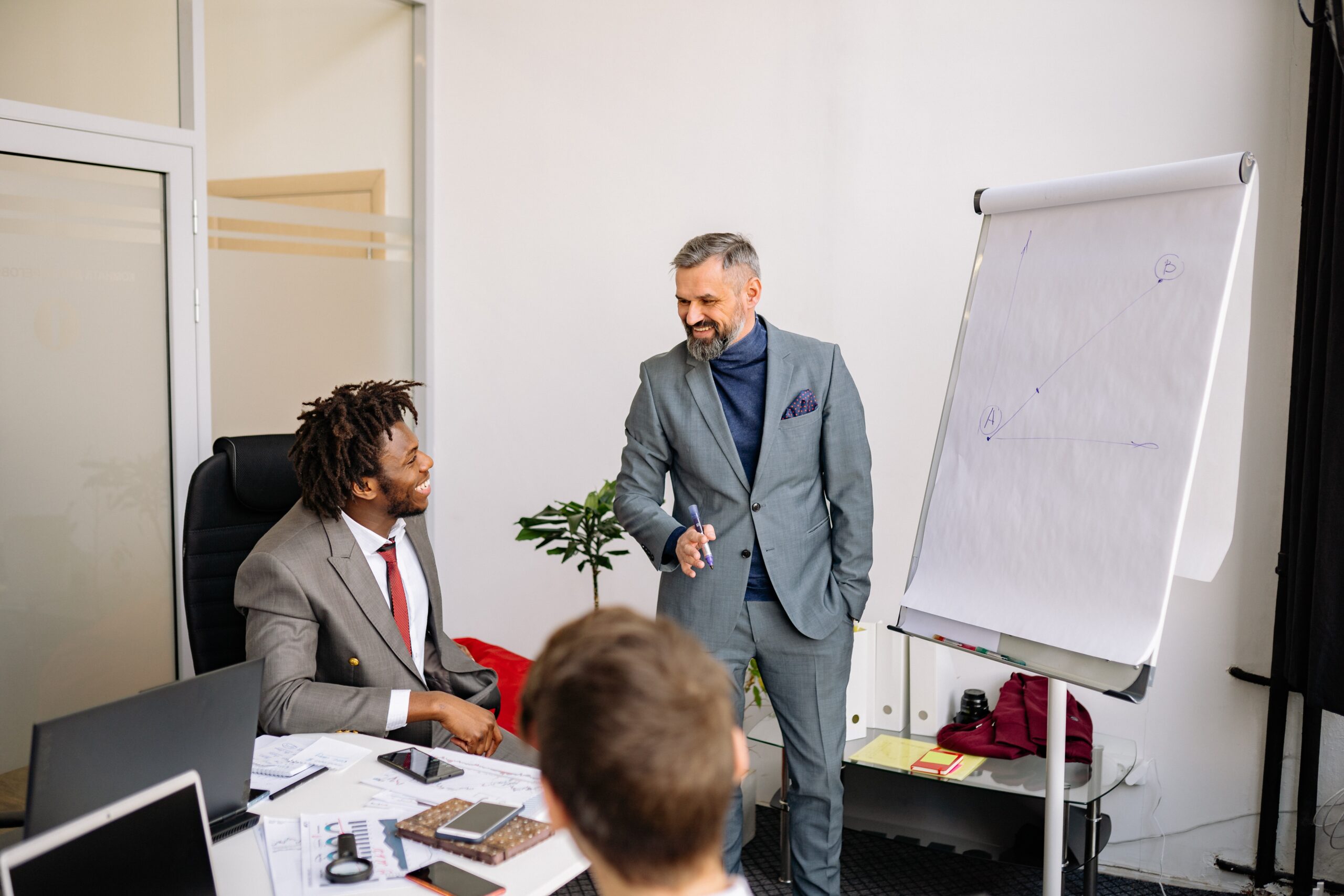Facilitation is a crucial skill for any leader or team member who needs to guide groups to achieve their goals. A great facilitator can make all the difference in ensuring that meetings, workshops, and other group activities are productive, collaborative, and engaging. But what makes a great facilitator? Here are the top three skills to look for:
- Active Listening
The best facilitators are excellent listeners. They listen deeply, without judgment, and with the intention to understand the perspectives and needs of all group members. They use active listening techniques such as summarizing, paraphrasing and asking clarifying questions to ensure that they have a clear understanding of what is being said. This helps them to create an inclusive and safe space for all participants to contribute their ideas, concerns, and feedback.
2. Flexibility and Adaptability
A great facilitator must be flexible and adaptable to the needs of the group. They must be able to adjust their approach and methods depending on the situation and the participants. They may need to change the agenda, shift the focus, or modify the activities to respond to unexpected challenges or opportunities. Being flexible and adaptable helps the facilitator to build trust and credibility with the group, which is essential for achieving the desired outcomes.
3. Strong Verbal Skills
Effective communication is at the heart of successful facilitation. A great facilitator must be able to communicate clearly and concisely, using language that is appropriate for the audience and the context. They must be able to articulate goals and objectives, explain processes and procedures, and provide feedback in a way that is constructive and actionable. Strong communication skills also include the ability to manage group dynamics, resolve conflicts, and handle difficult situations with tact and diplomacy.
In conclusion, a great facilitator is someone who possesses a combination of active listening, flexibility and adaptability, and strong communication skills. These skills enable them to create an inclusive and safe space for group collaboration, adjust their approach to meet the needs of the group and communicate effectively to achieve the desired outcomes. By developing these skills, anyone can become a great facilitator and make a meaningful contribution to group success. Need a facilitator? Reach out. We train facilitators and provide facilitation services.
Photo by Yan Krukau Pexels.




0 Comments